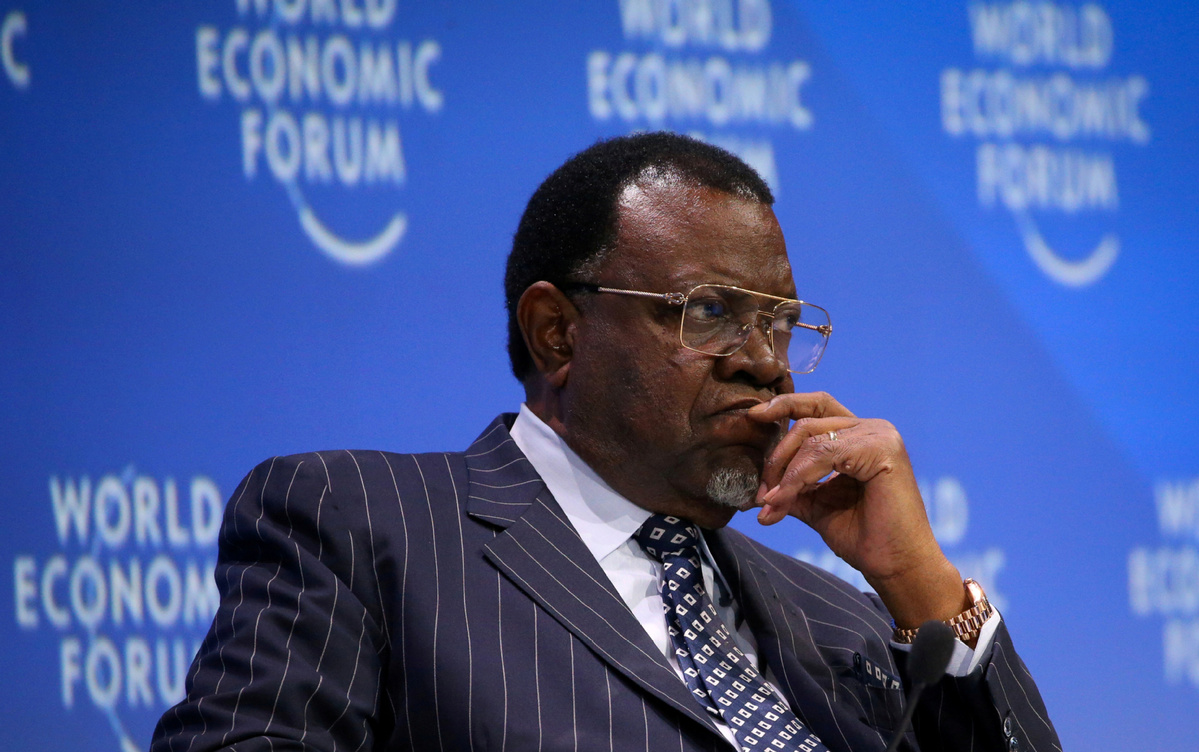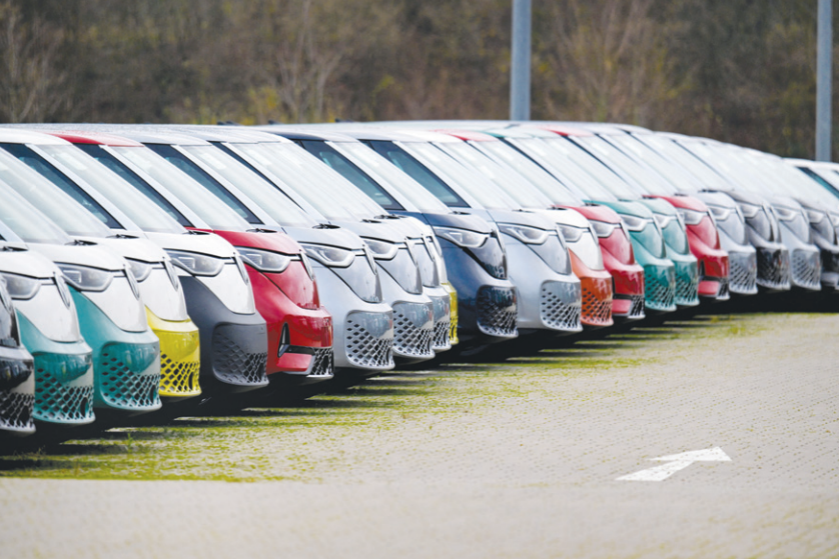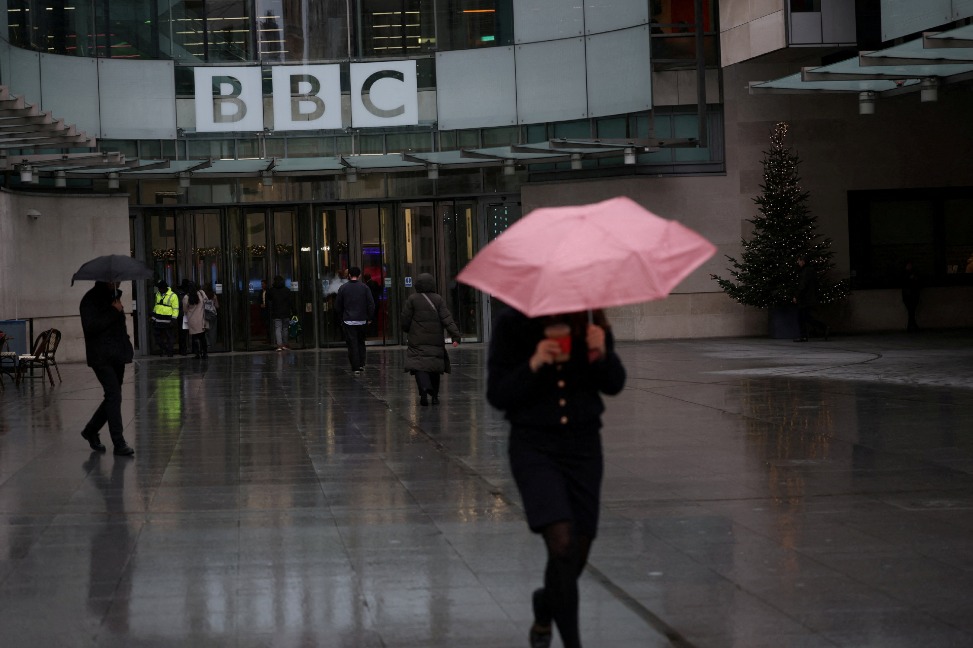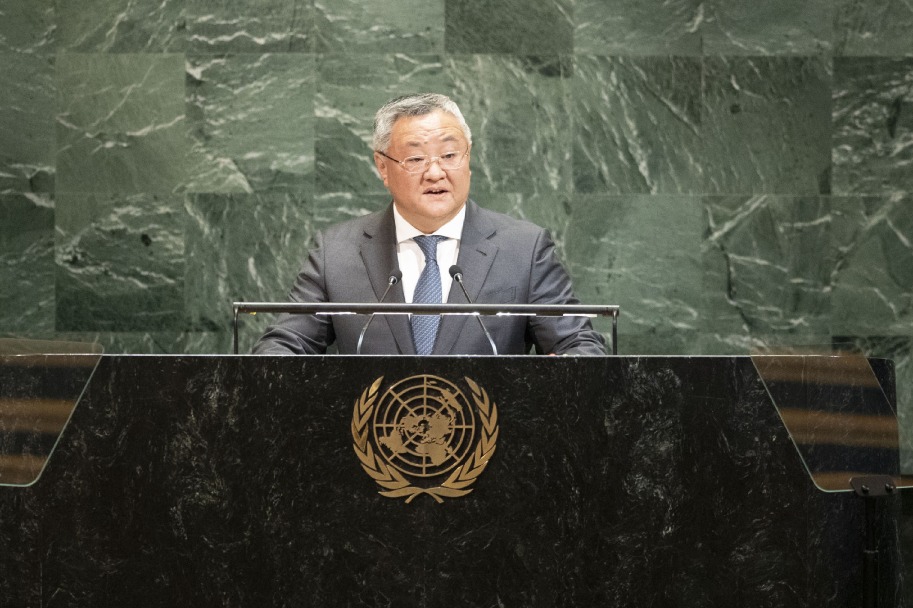Namibia's incumbent President Geingob re-elected


Namibia's President Hage Geingob has been re-elected for a second term after garnering 56.3 percent in Wednesday's election, ahead of his rival Panduleni Itula who got 29.4 percent.
The 2019 elections were seen as the most challenging for the South West Africa People's Organization party that has ruled Namibia since it gained independence from South Africa in 1990. Unlike previous elections, the party lost its regular two-thirds majority.
The ruling party secured 63 seats in the legislative vote, down from 77, while the opposition Popular Democratic Movement party got 16 seats, an increase from the five it held in 2014.
President Geingob thanked his supporters for re-electing him and congratulated the entire nation for conducting peaceful elections.
"I'm proud that we can have a free and fair election, no fighting, no attacking each other, and free movement was allowed," he said
Announcing the results on Saturday, Notemba Tjipueja, chairperson of the Electoral Commission of Namibia, expressed gratitude that the country was able to hold peaceful elections despite differences.
"Some delays experienced in the announcement of the results were due to ensuring that any discrepancies were identified and rectified before the announcement of these results," she said.
She said delays in the collation of results was caused by the failure of some returning officers to send all required documents to the central results management center.
Initially, the electoral body had said vote-tallying would take 48 hours, but the announcement was made after 72 hours.
A preliminary statement by observer missions called the election free, fair and "generally peaceful", despite troubles reported with some electronic voting machines.
Unlike previous elections, Tjipueja said there was a lot of interest from the youth this cycle.
Some 1.3 million voters were registered for Wednesday's election, with a turnout of 60 percent. The tightly contested election attracted 11 contenders.
In his second term, President Geingob, 78, will be faced with the challenge of addressing corruption issues and youth unemployment, as well as setting the economy on a growth trajectory.
According to Trading Economics, the youth unemployment rate in Namibia increased to 46.1 percent in 2018 from 43.40 percent in 2016.
The country's real GDP contracted by 0.1 percent in 2018 after having slumped by 0.9 percent in 2017, World Bank Group statistics indicate.
According to the Bank of Namibia, despite agriculture being a priority in the country's national development plans, progress in the sector has been limited. There has been high reliance on imports of agricultural products.
Namibia imports about 60 percent of its essential food, and consistently records production deficits in most crop categories.
The bank suggested a need to improve land tenure and the tradability of land in the rural areas to spur investment in commercial activities.
In addition to drought-ravaged agricultural export crops, the poor economic performance is also attributable to unprofitably low prices for Namibia's main hard commodities, uranium and diamonds.































